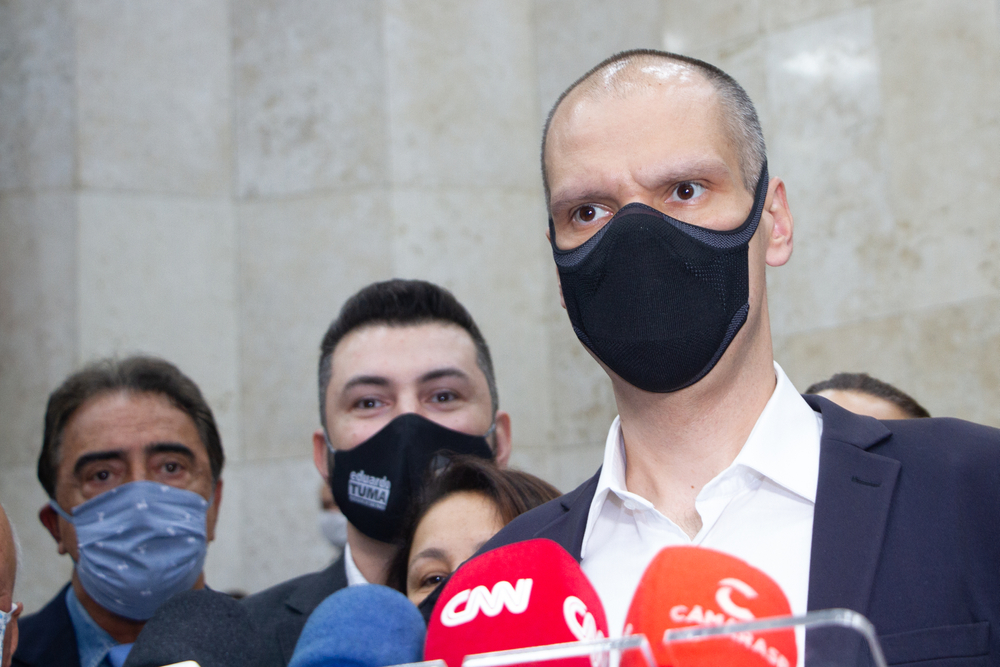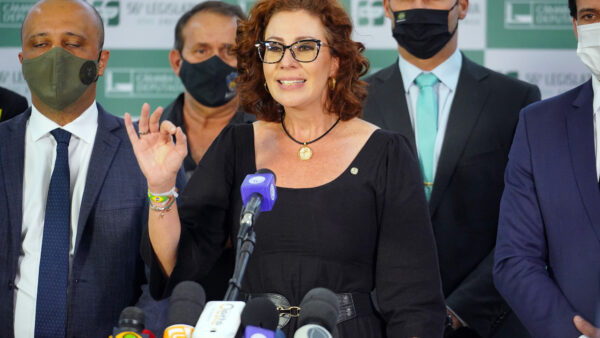Municipal elections finally came to an end in some of Brazil’s biggest cities this evening, as runoff votes decided who will be sworn in as mayor on January 1. There is an argument, however, that victory in this weekend’s elections is a poison chalice for the new mayors-elect. The Covid-19 pandemic has served to lay Brazil’s social challenges bare, and the incoming municipal leaders will face immense tests over the next four years.
Despite polls on the campaign home stretch suggesting that we were set for nail-biting vote counts, there were few surprises on Election Day. In São Paulo, incumbent Bruno Covas beat left-wing activist Guilherme Boulos soundly, with 59 percent of valid votes. Mr. Boulos performed best in the city’s poor east and south zones, but lost the state capital by a significant margin — mirroring São Paulo’s results in the 2018 presidential election between Jair Bolsonaro and center-left opponent Fernando Haddad.
In Rio de Janeiro, polls correctly predicted a landslide win for former Mayor Eduardo Paes, who obliterated incumbent Marcelo Crivella and finished almost 30 points ahead.
Recife was meant to be the race to watch, as all major pollsters had João Campos and Marília Arraes tied at 50-50, just days before the vote. In the end, Mr. Campos continued his family’s dominance of local politics and defeated the Workers’ Party’s Ms. Arraes in a 56-44 vote.
Decades-long dilemmas in São Paulo made worse by pandemic
The...


 Search
Search






































